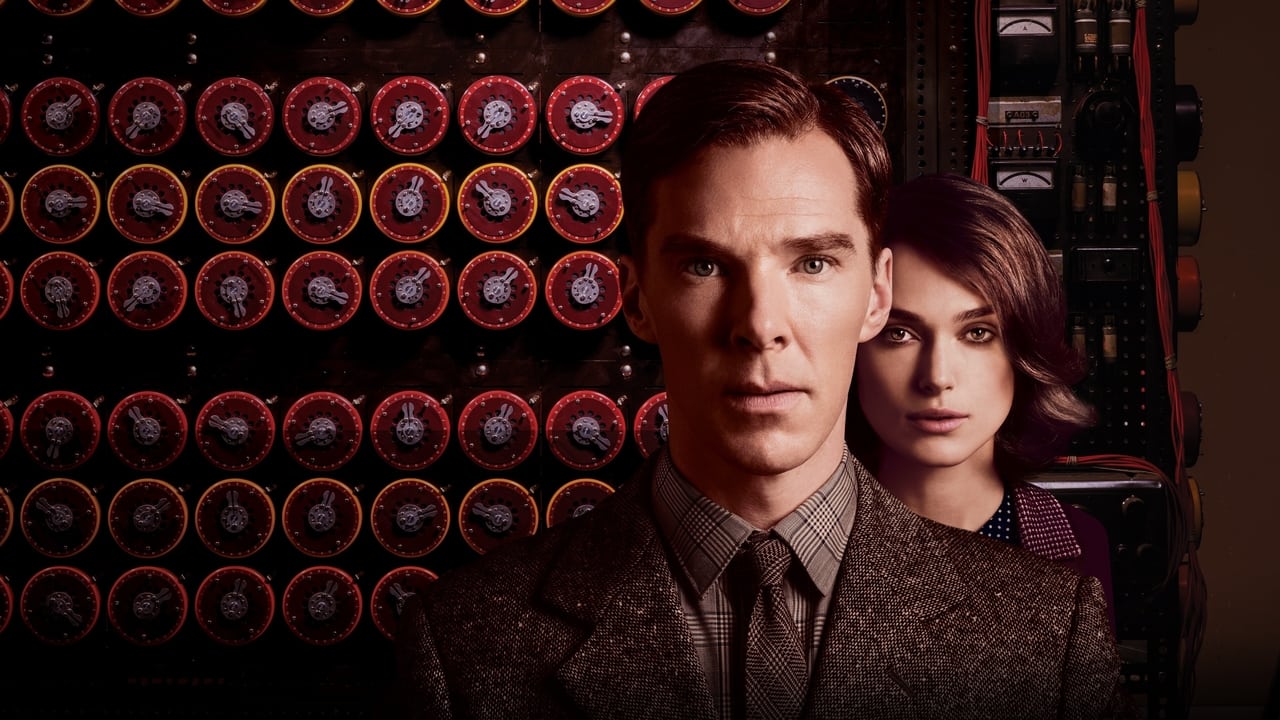At the heart of every computer, smartphone or artificial intelligence we use today is an idea that was born in the mind of Alan Turing. A British mathematician, logician and cryptographer, Turing is considered the father of modern computing. His theories and designs laid the foundation for the algorithms, data processing and artificial intelligence that drive the world today.
Turing's machine and the birth of computing
In 1936, Turing published a paper that would change history: On Computable Numbers. There he described a theoretical machine capable of solving any mathematical problem by means of precise instructions. This “Turing machine” not only transformed mathematical logic, but also became the conceptual model for today’s computers.
Without chips or screens, this machine was a revolutionary idea that showed that a logical sequence could execute any computational task. Thanks to this concept, programming languages, operating systems and the entire digital world were born.

The Enigma code
During World War II, Turing worked for the British intelligence team at Bletchley Park, where his mission was clear: to crack the secret codes of the Enigma machine used by the Nazi army. With a diverse and brilliant team, he designed a machine called Bombe, capable of deciphering encrypted messages at unprecedented speed.
It is estimated that the work of Turing and his team helped shorten the war by at least two years and saved millions of lives. This contribution was not only essential to military history, but showed how computing could change the course of the world.

Alan Turing’s life came to the cinema in 2014 with the film The Imitation Game, starring Benedict Cumberbatch. The film portrays his work during the war, his genius and also the more human side of his story. Winner of the Oscar for Best Adapted Screenplay, the film helped new generations to learn about his legacy.
Through film, many people discovered that behind great technological advances there are complex, sensitive and deeply human stories. Turing was not only a genius, he was also a human being with passions, challenges and strong determination.

Alan Turing's human legacy
Although his professional life was brilliant, Turing faced difficulties because of his sexual orientation. In 1952, he was convicted of being homosexual, something that at the time was considered a crime in the UK. Despite this, he continued to work, create and contribute to knowledge until his death in 1954.
Decades later, the world began to recognize his full legacy. In 2009, the British prime minister offered an official apology. In 2013, he received a royal pardon, and in 2017, the “Turing Act” was instituted, exonerating thousands of people convicted for the same reasons.
This recognition not only honors his memory, but also reinforces the importance of valuing diversity in all fields, including science.
Why Alan Turing continues to inspire today
Today, Alan Turing is a key figure in the history of technology and science. His face appears on banknotes, his name on awards, and his legacy in every technological breakthrough. His story reminds us that innovation is born of free thought, that science needs all minds, and that respect for diversity drives progress.
During Pride Month, to remember his life is also to celebrate the power of ideas and the strength of those who, like him, blazed trails for a brighter and more just future.

Xideral Team
